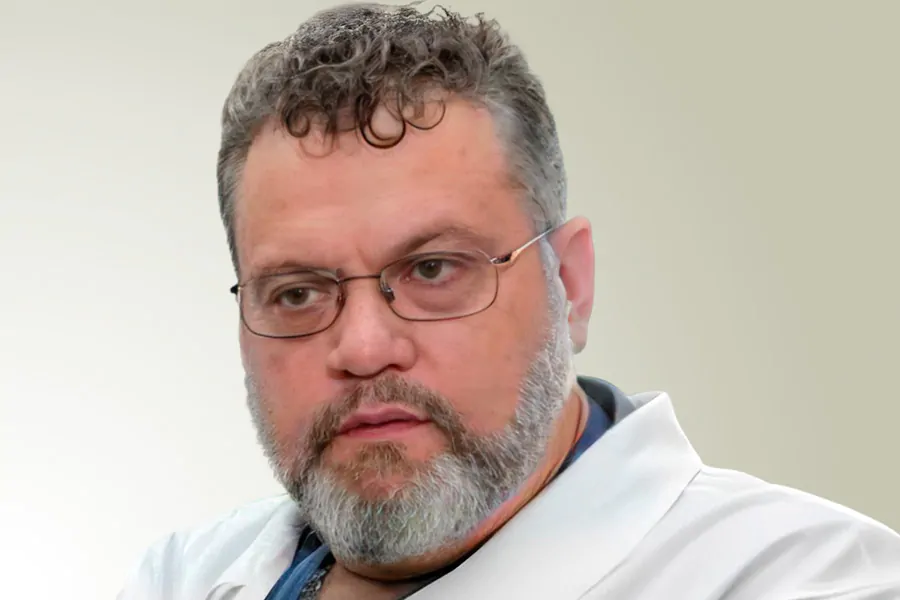Speakers

There is a trend in Neuroscience, that started a couple of decades ago, into adopting a new conceptual framework for brain architecture, in which time and thus temporal patterns of activity plays a central role in the neuronal representation - and processing - of sampled data from the world. The relevance of brain rhythms in the overall functional architecture of the nervous system (especially regarding large scale brain communication) has reached a point in which this “new found” conceptual framework is influencing therapeutic approaches towards several brain disfunctions. This lecture discusses our contribution to the topic using temporally complex deep-brain electrical stimulation schemes and how they may impact neuromodulation strategies in the treatment of epilepsy. The focus on desynchronizing neuronal networks, even at the cost of increasing excitation, has provided strong evidence against the long-held assumption that excitation drives synchronization as the cause of ictogenesis. Using temporally unstructured stimulation we dynamically drove the brain’s functional connectogram, through neuromodulation, in a manner that would not favor any specific neuronal assembly and/or circuit, thus re-stabilizing a system that otherwise would transition to fall under the control of a single attractor. We also worked with physiological applications of temporally-structured stimulation showing that specific areas of the brain are capable of differentiating temporal patterns and redirecting circuitry output pathways accordingly.
+55 (16) 3315-3023
contact@newroscience.com
Ribeirão Preto School of Medicine University of São Paulo

We are gathering at the NEWroscience 2023 a quite unique team of Invited Speakers from all continents of the world to discuss challenges and perspectives for research in epilepsy, neuropsychiatric comorbidities, using integrated tools to reveal the complexity of these entities.
NEWroscience 2023 – International Symposium – 19th to 22nd September 2023.